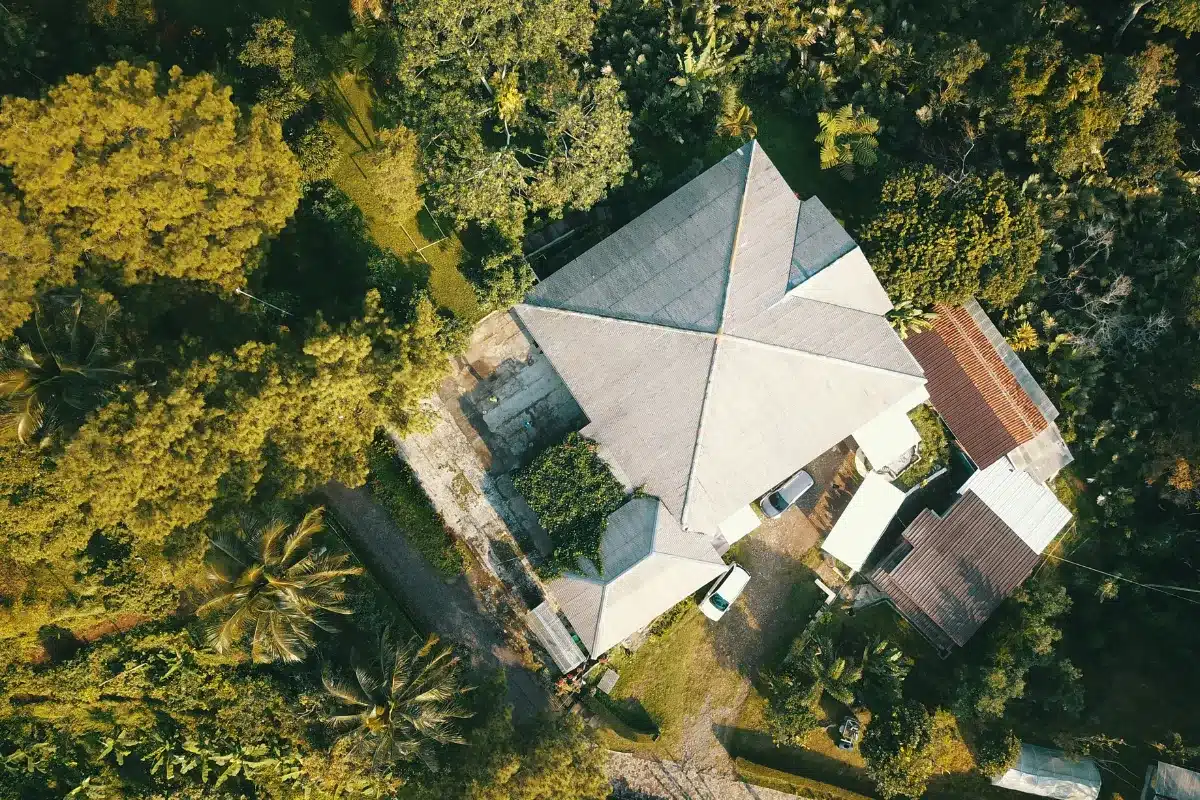Meet Matthew Arentz, Partner at DBH Lawyers, bringing over 20 years of experience in delivering
trusted legal advice.

As a landlord, in addition to any contractual obligations (for example, obligations an entrant to that property under a tenancy agreement) there are also obligations at common law. Generally speaking, common law obligations exist between people and/or entities depending on the nature of their relationship, in the absence of any express written agreement (like a contract).
The common law duties and/or obligations of a person “in occupation” of a property (to entrant to that premises) are ratified in Section 20 of the Civil Liability Act 1936 (SA). In general terms, an occupier of a property has a duty of care to take reasonable steps to minimise or eliminate foreseeable risk of injury arising from the state or condition of the property.
At law, ownership and occupation of a property are not the same thing. In most cases, a landlord will not occupy their property – they will rent it to a tenant and the tenant will be “in occupation” of the premises for the purposes of any common law duty of care.
Section 21 of the Civil Liability Act 1936 (SA) limits a landlord’s liability where they are not in occupation of the property. In particular, Section 21 states: “The liability under this part of a landlord who is not in occupation of the premises is limited to injury, damage or loss arising from –
- An act or omission on the part of the landlord in carrying out an obligation to maintain or repair the premises; or
- A failure on the part of the landlord to carry out an obligation to maintain or repair the premises.” In practical terms, to meet their common law duty of care a landlord should conduct a thorough inspection of the property, for purposes of identifying and remedying safety hazards, prior to the commencement of a tenancy (before the tenant takes possession).
The inspection should be documented, and the document should be kept for future reference (in case a claim is made). In some cases, a landlord will engage a third-party property manager to manage the property and deal with the tenants.
It is important to keep in mind the landlord’s common law duty of care will not necessarily be met by engaging a property manager, and that in certain circumstances, the landlord will still be liable for injuries arising from the dangerous state and/or condition of the property even if a third-party property manager has been engaged by the landlord. If you have been injured due to the dangerous state or condition of a property, you may be entitled to compensation.
Contact DBH Lawyers for expert advice on making a claim. FREE CALL 1800 324 324








